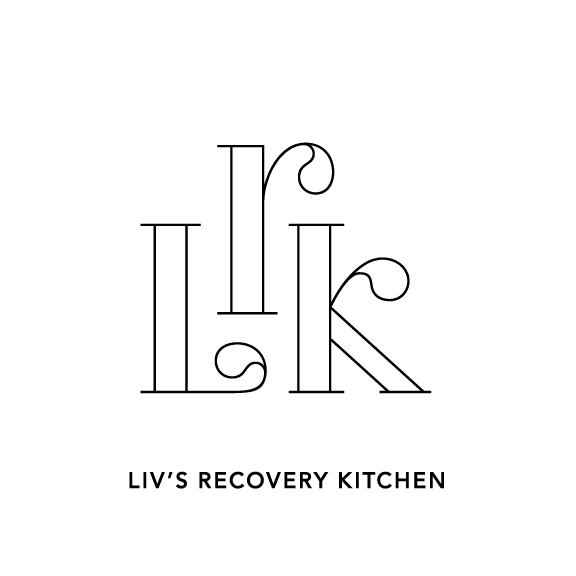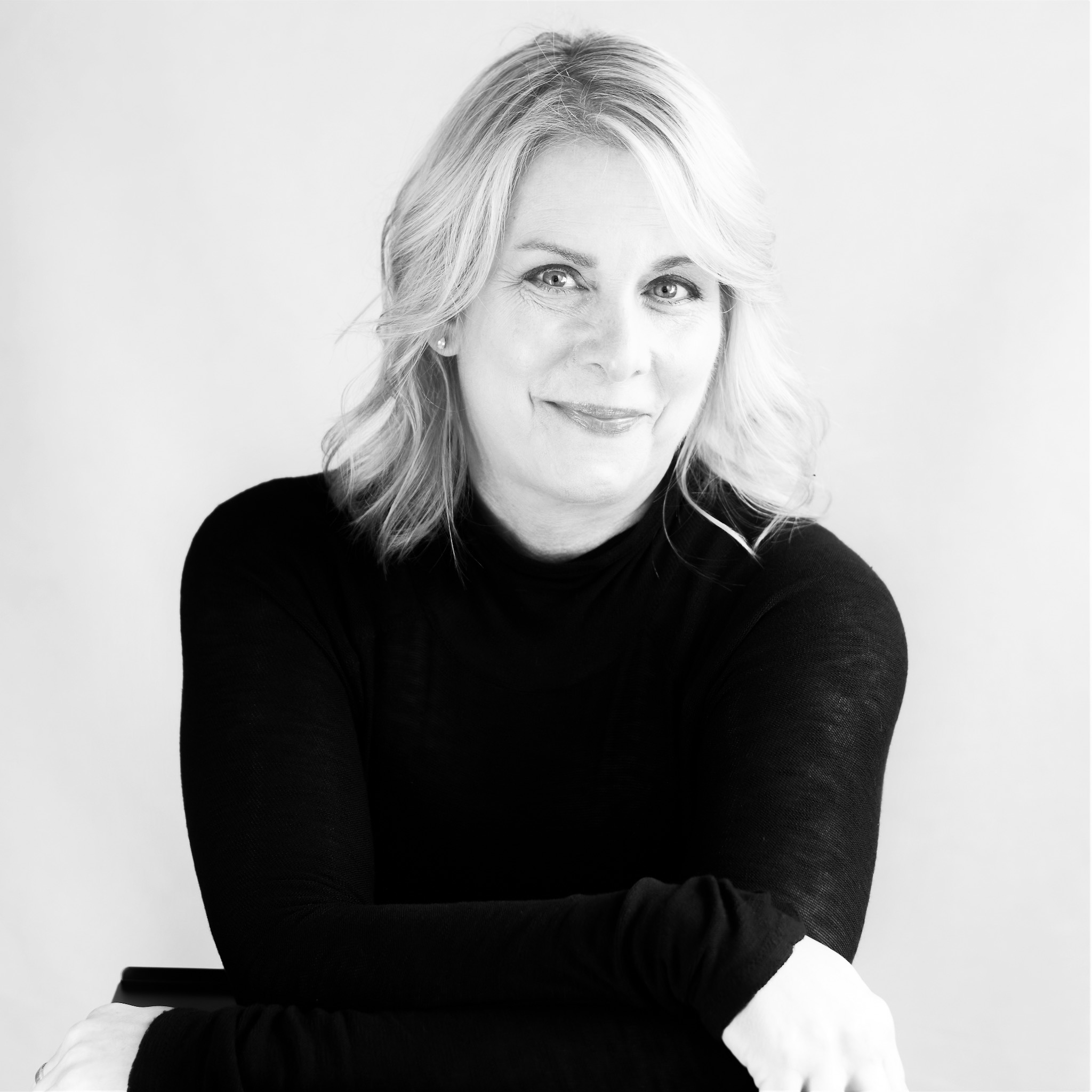Interview with Lynn Matti
This interview was originally featured on Recovery.org.
Nothing has been more transformative in my recovery than therapy. It took six years of trial and error, but since finding my current therapist, both my life and my recovery have been enhanced considerably.
When others ask me about how I recover and what my main source of support is, it is, hands-down, therapy. I couldn’t imagine life without it.
Finding the Right Therapist is Key
I’d seen therapists before, but I struggled to connect with them. My main issue was that they didn’t seem to grasp the unique issues we face as people in substance use disorder recovery. They were too clinical and too cerebral. They presented solutions that were linear.
Anyone who has been in recovery for a while knows that it is anything but linear. While we grow overall, the process is messy; we take leaps forward and then a huge step back, there are side steps, and then another spurt of growth. As Cynthia Ocello says, when describing growth, “To someone who doesn’t understand growth, it would look like complete destruction.”
Finding a therapist who understands substance use disorder and all of the related complexities we can face – trauma and PTSD/CPTSD, codependency, attachment disorder, mental illness, adrenal fatigue, and other physiological effects from trauma – is like striking gold. While this kind of therapy is challenging, painful and heartbreaking, it is also a transformative place for me to heal and grow. I am a different woman today because of the therapy I have benefited from.
Eager to reveal more about the role of a therapist who understands recovery, I interviewed Lynn Matti, a professional counselor who specializes in substance use with co-occuring mental health issues.
My Interview With The Sober Therapist
Liv: Tell me more about your role as the “Sober Therapist.” How does your work differ from other therapists?
Lynn: I started calling myself the “Sober Therapist” in part to advocate loudly about sobriety and recovery. I have been living sober since July 2010 and basically want the whole wide world to know that we can – and do – recover from overusing addictive coping skills, a.k.a. alcohol, drugs, and behaviors.
The other reason was to be more transparent, helpful and supportive to all of my clients, not just those struggling with substances. Most therapists are trained and encouraged to limit the number and types of self-disclosures we make, as we are taught it can have a negative impact on someone’s treatment. I was fortunate to have mentors and supervisors who worked with me to build genuine transparency in my therapy skills while continuing to uphold the ethical teachings of my profession.
I like being agile with my clients and their needs. Sometimes they need to hear how the very skills and ideas being taught to them have actually worked with someone they know. Sharing a few of my struggles and how I cope with them seems to help.
Liv: My story involves a number of co-occurring issues (CPTSD, eating disorders, depression) that exist alongside my substance use disorder. What are the potential problems one might face if they rely solely on one program of recovery without addressing (and sometimes being unaware of) these co-occurring disorders? Would you say that there are more common issues for people in recovery?
Lynn: Are you up for a controversial statement? My opinion is that each and every person who uses alcohol, drugs or behaviors (controlling, gambling, sex, eating) on a regular basis to numb uncomfortable feelings qualifies as having co-occurring mental health issues.
While the research is all over the place, my experience is that when we initially begin thinking we might have a problem or begin seeking information or help for substance overuse, we rarely admit to (or deeply believe) we have an issue with the substances. The first symptoms people tend to notice are anxiety and/or depression. For example, people with depression will turn to stimulants like cocaine, Adderall or meth. Others with anxiety will often reach for alcohol, benzodiazepines such as Xanax, or sleep medications like Ambien.
Eventually, the symptoms we seek relief from become overwhelming and intensify when we’re not using the drug or behavior. Over time, more numbing is needed. The most fear-inducing aspect for most of us attempting to interrupt the spiral of addiction is often shrouding by the very idea of stopping the addictive behavior. It’s like that old saying about seeing the forest for the trees – the truly scary part is being honest with ourselves about what lies beneath.
Liv: Tell me more about your mission at SoberSoul Recovery.
Lynn: My mission is to offer affordable, convenient and confidential access to the same kind of professional mental health and addiction treatment you get from the best treatment centers and highly qualified counselors.
In 2016, while working at Hazelden Betty Ford as a counselor, my clients began telling me about several podcasts and online groups they were adding to their recovery “buffer zone” (my term for toolbox). I had already decided to offer online counseling when I began private practice, and I was both shocked and intrigued by the number of people starting and building their sobriety journeys online. The shocking part to me was that so few trained and experienced addiction counselors had joined the online recovery movement! Don’t get me wrong, I am all for us sharing freely about what works for use in overcoming our struggles. I also think extensive professional education, training, and practice are valuable and often essential to look for when looking for help with moderation, sobriety or long-term recovery.
That’s why I created the SoberSoul Recovery Podcast and the SoberSoul Recovery School for Women, a modern way to learn about alcohol and other drug overuse, addiction, and mental health and recovery. It’s all the stuff from my training and practice with real live people that worked and continues to work for my clients, for people who have helped me stay sober, and for me. The podcast and recovery school offer a variety of useful education and tools from a woman in recovery who’s a currently licensed master’s-level professional with six years of clinical experience.
Liv: Why women only? How does women’s recovery differ from men’s?
Lynn: My passion for working with women comes from a place of deep empathy and compassion for our unique struggles. Safety is by far the most important underlying need for most women, especially as we open up about deepest secrets and fears. A shift happened to our outpatient population in 2015 at the Hazelden facility where I worked. For the first time, more women than men were seeking to join our groups!
Women with substance use disorders often wait until they are diagnosably severe to seek treatment. We say we drink our nightly wine because of all of the stress of our day, but we isolate and hide how much we are drinking. We create the feeling of safety by taking care of (controlling) everything and everyone around us – also known as perfectionism. If our identity is being “the fixer,” how do we admit we need help? We don’t until it becomes a really big problem.
Thankfully, honest conversations around “Mommy drinking” and the spectrum of substance use disorders are becoming mainstream and acknowledging that we do not need to wait until we wake up in Barcelona after a three-day blackout to get help.
Liv: Last, tell me what it means to become a SoberSoul?
Lynn: I’m a SoberSoul; you are a SoberSoul – that is how we were constructed or created, however you believe. As a glass-half-full woman, I took the best parts of the definitions of both words to heart.
Sober: Clear-headed, calm and unhurried, content.
Soul: The quality that arouses emotion and sentiment, the essence.


